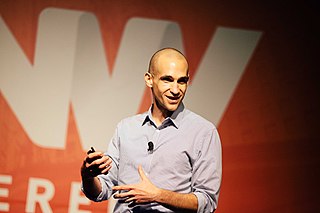A Quote by Nir Eyal
User habits are a competitive advantage. Products that change customer routines are less susceptible to attacks from other companies.
Related Quotes
Change is difficult and it takes time. It is hard for people to change their own behavior, much less that of others. Change programs normally address attitudes, ideas, and rewards. But the behaviors of people in organizations are also strongly shaped by habits, routines, and social norms. Real change requires new power relationships, new work routines and new habits, not just intent.
Companies aren’t families. They’re battlefields in a civil war. Yet despite this capacity for internecine warfare, most companies roll along relatively peacefully, year after year, because they have routines—habits—that create truces that allow everyone to set aside their rivalries long enough to get a day’s work done.
We undertook a huge internal transformation to sharpen our customer focus, step up innovation, improve productivity to ensure competitiveness, change our culture, and simplify our ways of working so that our size and scale became a competitive advantage rather than a bureaucratic hangover after years of diversification.
Firms gain comparative advantage from how good their people are. Retaining and attracting talent is a key point of competitive advantage in the global economy. We are seeing that play out, and there are implications for Australia, too. The idea that companies now compete on who can pay their workers the lowest - that's all changing.



































